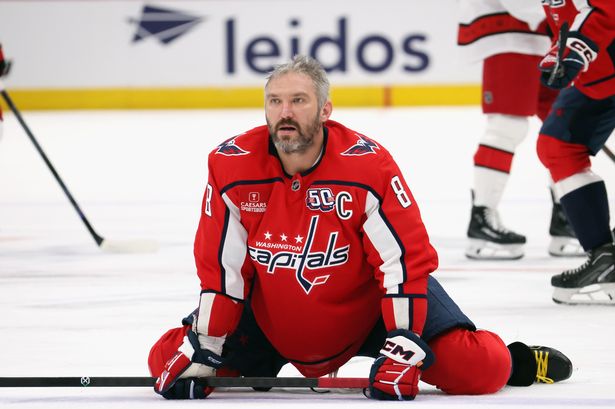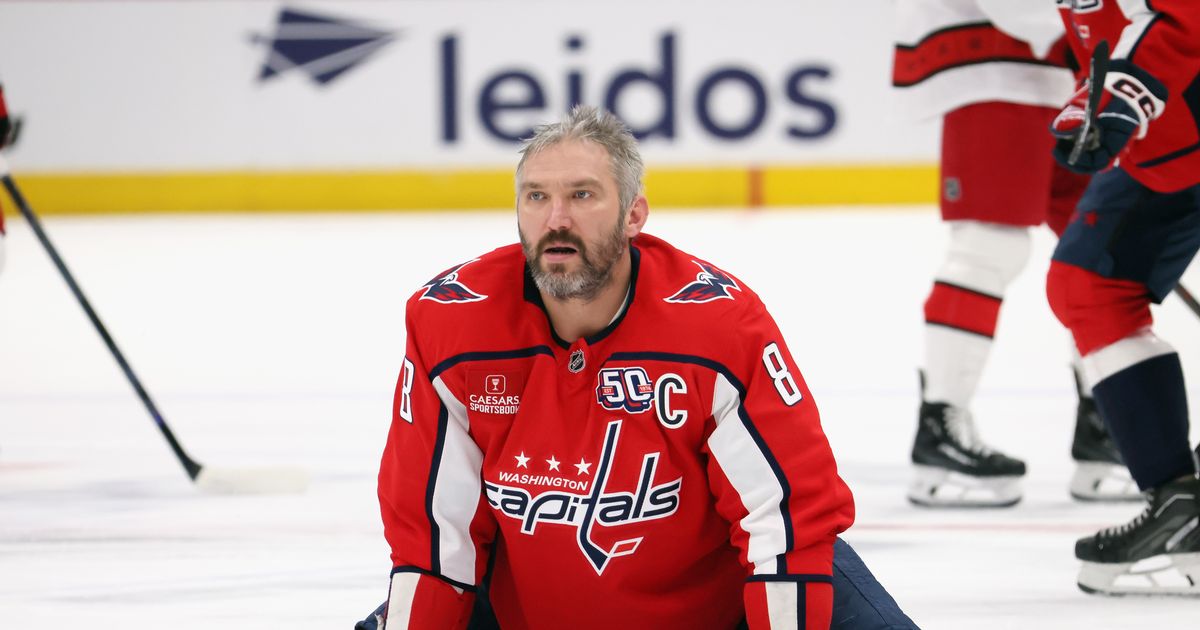The IOC reaffirmed its ban on Russian teams for the 2026 Winter Olympics, dashing Alex Ovechkin’s hopes of competing in a fourth Olympic Games
18:46 ET, 28 May 2025Updated 18:46 ET, 28 May 2025
 Alex Ovechkin began his professional career with Dynamo Moscow of the Russian Superleague in 2001(Image: Getty)
Alex Ovechkin began his professional career with Dynamo Moscow of the Russian Superleague in 2001(Image: Getty)
The International Olympic Committee (IOC) has reaffirmed its decision to ban Russian national teams from participating in the 2026 Winter Olympics in Milan-Cortina, citing ongoing sanctions related to Russia’s invasion of Ukraine. This decision directly impacts prominent athletes like NHL star Alex Ovechkin, who had expressed a desire to compete in his fourth Olympic Games at age 40.
In response to reports of discussions between Russian hockey officials and the International Ice Hockey Federation (IIHF) regarding Olympic participation, the IOC clarified that its March 2023 recommendation remains in effect.
‘The IOC Executive Board recommendation from March 2023 with regard to teams of athletes with a Russian passport remains in place,’ the IOC said. ‘It is based on the fact that, by definition, a group of Individual Neutral Athletes cannot be considered a team. We take note that the IIHF has confirmed that it will follow this recommendation.’
READ MORE: Two women break long-standing figure skating taboo and blow commentators awayREAD MORE: Shameful Donald Trump uses Memorial Day speech to brag about sporting events on U.S. soil
This recommendation prohibits teams of athletes holding Russian passports from competing, based on the principle that a group of Individual Neutral Athletes cannot be considered a team. The IIHF has confirmed it will adhere to this recommendation, effectively barring Russian hockey teams from the 2026 Games.
While Russian teams are banned, the IOC has allowed a limited number of individual Russian and Belarusian athletes to compete under strict conditions as neutral athletes. These athletes must undergo rigorous vetting to ensure they have no ties to the military or have not publicly supported the invasion of Ukraine.
For instance, the International Skating Union (ISU) has permitted up to 24 Russian athletes to attempt qualification for the 2026 Winter Games in figure skating, speed skating, and short track speed skating, all under a neutral status.
Content cannot be displayed without consent
The IOC’s stance has drawn criticism for perceived inconsistencies. While advocating for political neutrality in sports, the IOC’s actions suggest political involvement, particularly in distinguishing between individual athletes and teams from affected countries. This selective enforcement has led to calls for more consistent and transparent policies.
The IOC suspended the Russian Olympic Committee in October 2023 for recognizing regional Olympic councils in Russian-occupied regions of Ukraine, a move deemed a violation of the Olympic Charter due to its challenge to Ukraine’s territorial integrity.
The 2026 Winter Olympics are scheduled to take place in Italy from February 6–22. As the Games approach, the IOC’s decisions regarding athlete participation continue to reflect the complex interplay between sports and geopolitics.
